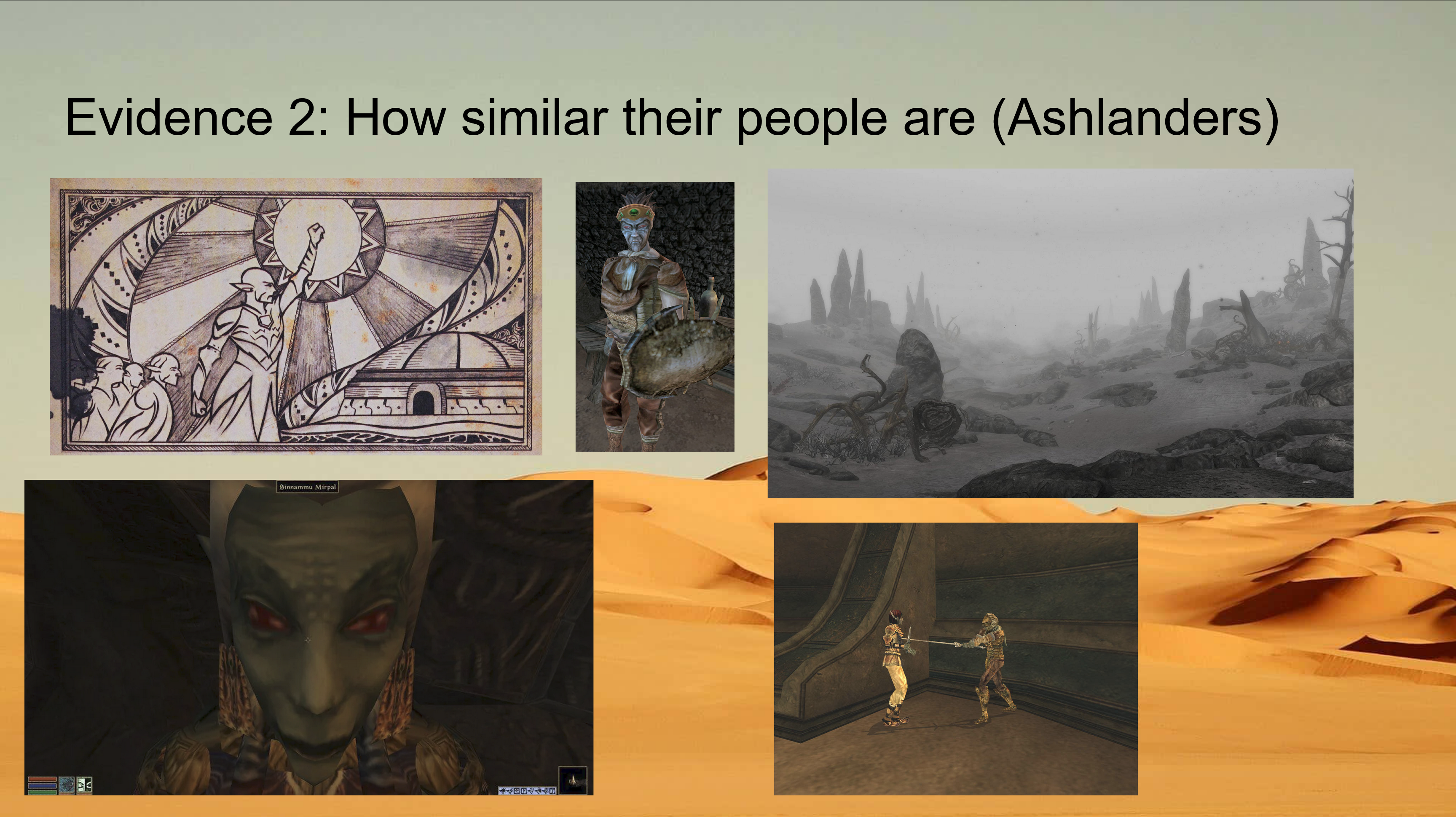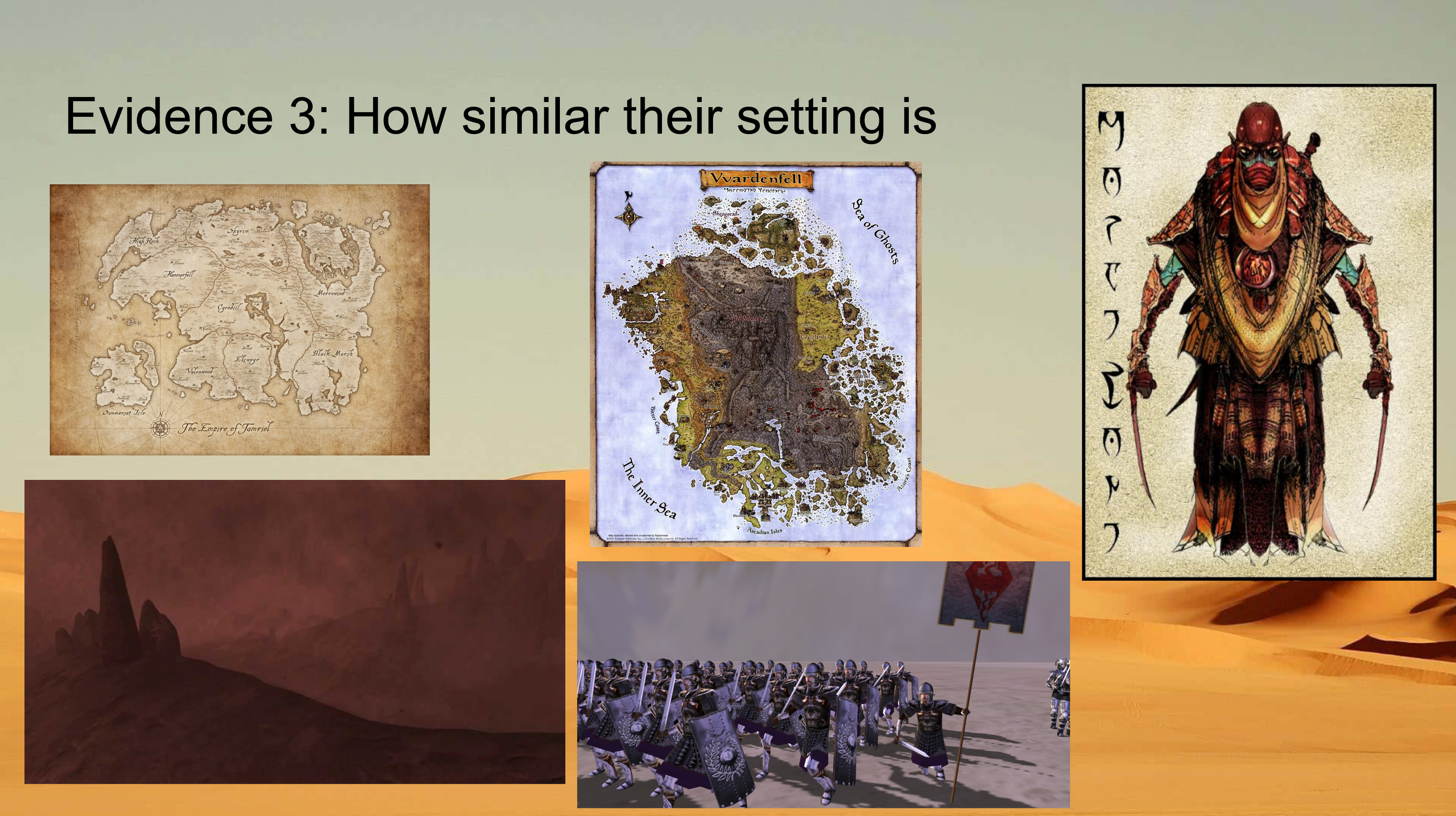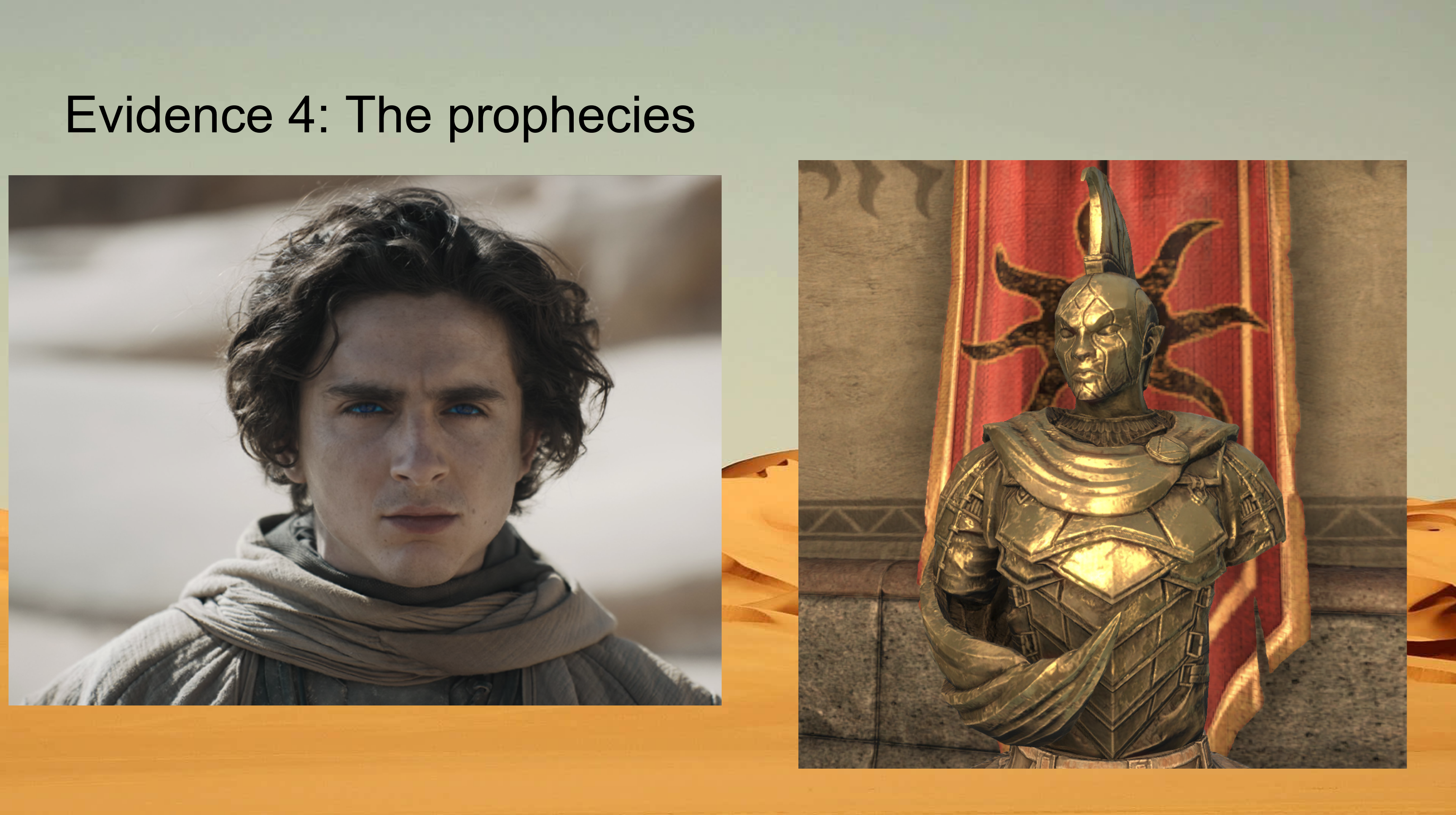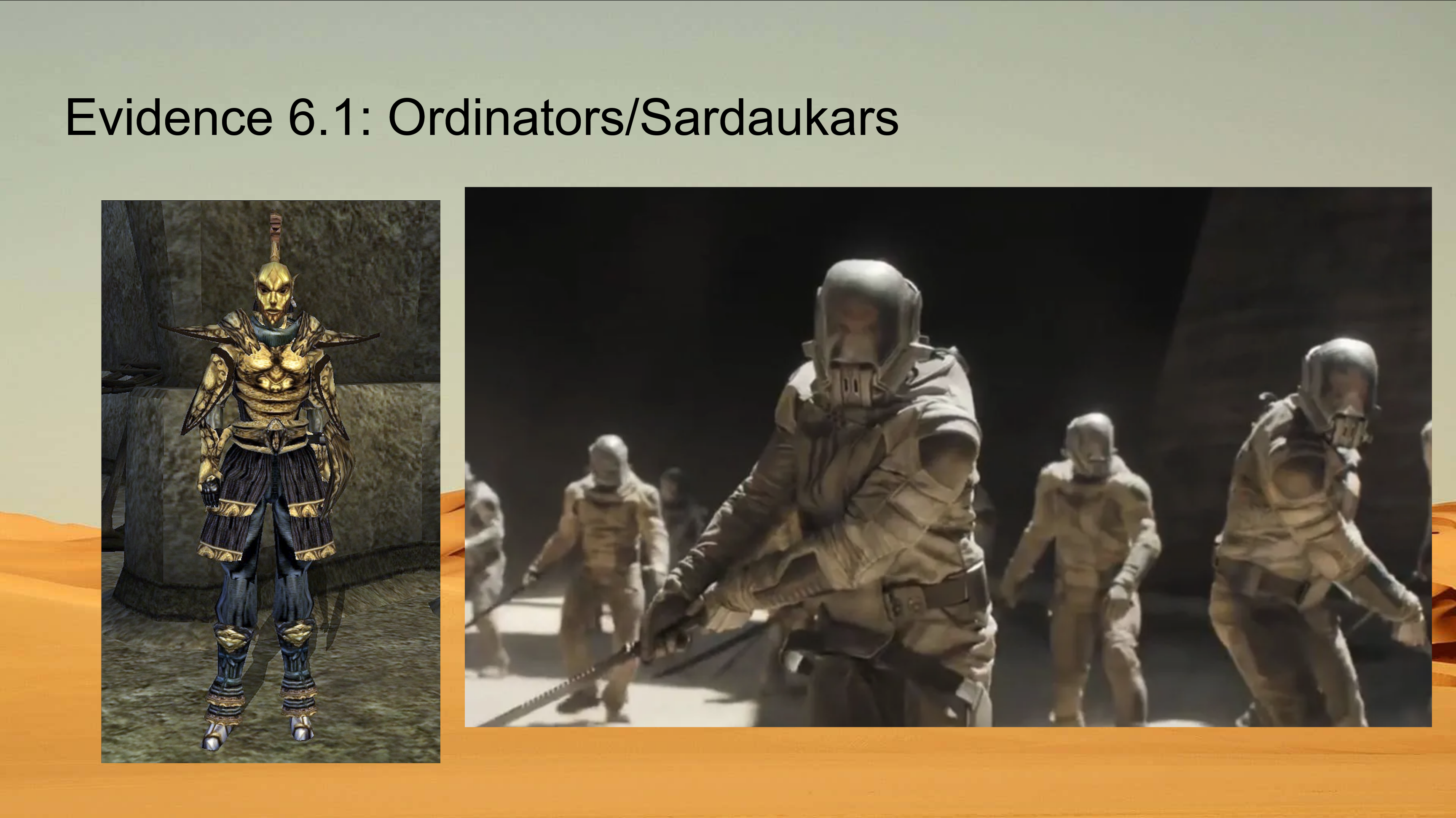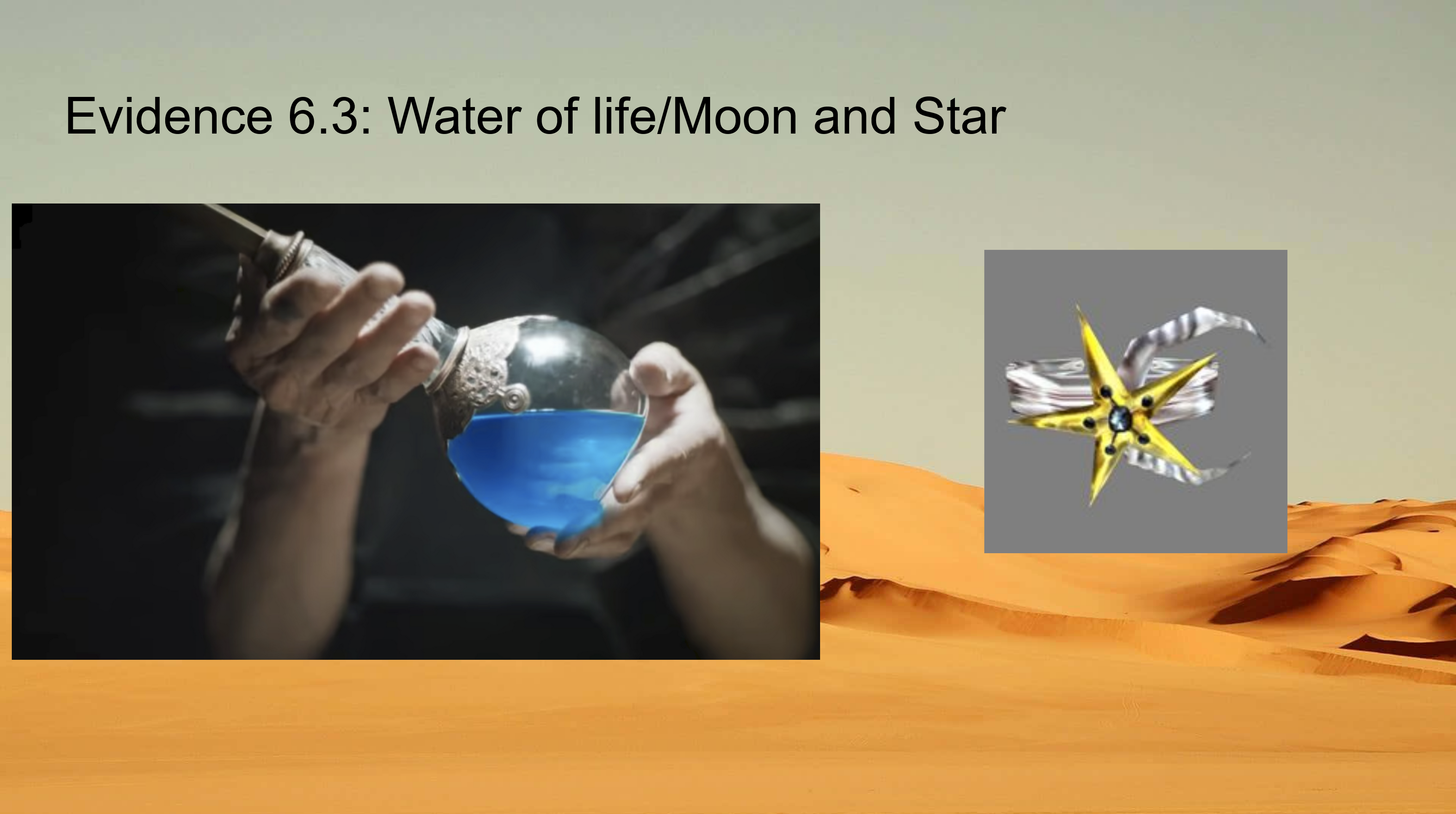The world ended 50 years ago — haven't you heard?
Forewords
In a previous book report, July Readings (2024), I had mentioned that the discussion on Aldous Huxley's essay Brave New World Revisited was to come out in a standalone article. This is it. For those unaware, Brave New World is a dystopian novel that came out in 1932, and while at the time not pretending to be prophetic, its author — Aldous Huxley — wrote an essay in 1958 taking a look back on the thirty years since its publication. The gist of his essay is that the world is sliding down dystopia way faster than he had anticipated, and he was right about a lot of things. I never jot down notes or do any highlighting/bookmarking when reading a book, but some of the things said in this essay were so outlandish that I couldn't refrain myself. I knew that I would want to share my findings with the good people of the printhouse. This however is not a proper rigorous critique; I'll just go through what I wrote down, whether it be quotes, paraphrases, and comment on it, and inserting my own biases. This was also reworked after my presentation at Theory Night earlier this year, I thank all who attended for their valuable questions and remarks which have helped reshape this garbage.
Do not let this man cook
We'll first look at the statements that may have not aged well, were straight-up wrong from the get-go, or were fucking insane:
“Overpopulation is the greatest threat humanity will have to face in the coming centuries”
This doesn't come out of nowhere, but it is funny to see how off the mark it is. Especially since recently some people have started to talk about how much of an issue population decline/aging is becoming. To be fair, he wasn't the only one to think that overpopulation was gonna become a problem. The reasoning sounded almost sound at the time if you oversimplified the problem and made (wrong) assumptions; we have limited resources on the planet, and more and more people living on it could put a strain on those resources. To add to that, not only are people having more and more children, but advances in technology make it so they all just don't die after a year or so. Likewise, having the shits will not bring anyone to an early grave anymore, reducing the rate at which population declines. But the reality is that overpopulation is a myth that was debunked even before he wrote this, as the planet can easily host many more billions of us since production increase is not linear — as long as we pull the reins on our crazy overconsumption. Furthermore, many countries have experienced a dramatic fall in their birth rates, and many world population models — however accurate they may be — are predicting a significant reduction in population growth rate, with the median in projection having a plateau between 10 and 11 billion humans worldwide. This brings us to our second point:
“Countries that will become overpopulated will turn toward communism”
The direct quote from the book is “It is a pretty safe bet that, 20 years from now [so in 1978], all the world's overpopulated and underdeveloped countries will be under some form of totalitarian rule — probably by the communist party “(Chp I, p.13) Does this come out of nowhere? Kinda. Here ol'boy Huxley is still convinced that overpopulation is the main issue that we will face, and that the strain on resources will bring about great economic hardship. This will lead governments of the countries most affected to step in more and more into the economy and impede more and more on the individual freedom of its citizen (for instance with rationing). All of this, Huxley says, will also create civil unrest whether simple political unrest of full on open rebellion. The government of those countries will then have to step in to secure their authority, and thus will concentrate more and more power in the hands of a few. Basically the government of overpopulated countries will have to become centralised and authoritative. Now I heard you wondering — where does communism come into play? Well for the ol'boy, a central authoritative government is Communism! Forget all your political theories and talks about fake concepts like “class”, “labour” and “capital”; communism is just when a government is central and is authoritarian/totalitarian!
“With advances in medicine, the ill will get to reproduce, and that's bad” & “With technological advances, stupid people will get the chance to reproduce, and that's bad”
Basically, Aldous (we're on a first name basis) argues that the general population will get sicker, and more stupid as times goes on, because some people that would otherwise have died by natural causes or by the result of their own stupidity will get to reproduce. This whole chapter was very yucky to read and oozes of eugenics. He talks about children born with any hereditary genetic “defects” as being separate from humankind. He says that the way we go about breeding is “contaminating the genetic pool”. I will just quote a sentence to give you an idea of how bad this is: “And what about the congenitally deficient organisms whom our medicine and social services now preserve so that they may propagate their kind”(Chp II, p.21). At the end of the chapter, he says that for humanity to survive, we will need to find a middle ground between full-blown eugenics, and an ethical solution to this “issue”. Getting back to the issue at hand, Aldous is wrong. We can manage most hereditary disease/“defect” much better than in the olden days, so there is no danger for the human race as a whole. As for intelligence, since we have been recording populations general IQ scores, they overall have been steadily rising. In fact, every time we change the IQ test, we normalise the results to have the average at 100 and a standard deviation of 15-16 IQ points. Populations taking older IQ tests do score on average above 100. that is until recently but the decline is thought to be environmentally caused, i.e. not to be hereditary, so he's still wrong.
“Saving people from malaria was bad, actually”
A combination of the two above arguments, overpopulation bad, so saving people from mass-killing disease is ultimately bad. This kinda comes out of nowhere. In his eugenics chapter, he is basically just taking an example of what looks good but is actually bad because it worsens the “issue” of overpopulation. He says that the populations affected by malaria cannot adequately clothe, educate and feed themselves, and if you read between the lines, that a quick death by malaria would have been more merciful. Needless to say that a 100 Hitlers are saying: “WE AGREE”.
“Society will tend to move towards uniformity and de-individualisation”
This is a very weird and confusing arguments that is spread over 10 pages and makes very little sense. He basically says that because government try to organise themselves, and tend to over-organise, this will lead them to seek to organise humans too, and use social engineers to this end, and in the 21st century to start using “World controller” (Just like in Brave New World). His whole rant also encompasses apples, Newton, packs of elephants, medieval guilds, religion, termites, 1984, Brave New World, Jesus, Mao, Mussolini... My man is all over the place and jumps from one topic from another without making much sense. He doesn't really define uniformity and de-individualisation, but he has this sentence of what he thinks society will slide toward: “This ideal man is the man who displays 'dynamic conformity' (delicious phrase!) and an intense loyalty to the group, an unflagging desire to subordinate himself, to belong.” (Chp 3, p.33) This is so wrong it's not even funny. In more than one way, we are still far from uniformity in society. One thing that I think has made the need to blend in and conform almost irrelevant is the internet. It is now easier than ever to find some weirdoes online that have the same interests as you. You don't have to conform to a very specific set of rules for your whole life anymore, out of fear of being ostracised by the town. Don't get me wrong, there are still institutions such as school, work... where you do have to conform to certain social norms, and there are also social norms to adhere to when interacting with others, but that was true (and maybe even truer) during Aldous' time. With this I'm trying to say there is less uniformity in the way we can be and the way we interact with others nowadays than before and we have to conform less. As far as the comment on “the group” most will recognise that there is less and less emphasis nowadays on the community and more on the individual, as large communities or group have for the most part been completely atomised. To take one example, unless you have grown up in your current neighbourhood, I would wager that you barely know your neighbours and do not willingly interact with them on a daily basis. Nor would you recognise yourself as part of the group labelled “neighbourhood” and have an “unflagging desire [...] to belong” to that group. We less and less think of ourselves as parts of groups, and more as individuals, and we value our individuality dearly. We therefore do not really care about conforming to those group/communities or desire to subordinate ourselves either. Therefore, I think Aldous' claim that we are moving towards uniformity and de-individualisation is wrong. I won't stay on this topic too long, because I would actually have to do some thinking to go below surface-level, and we also have other arguments to go through. (also I'm lazy)
“Tranquilisers are great and their benefits far outweigh their side effects”
Aldous here is eager to find a parallel between soma (the drug in Brave New World that everybody takes and is akin to a tranquilizer) and what's happening in the real world, because he is a visionary and everything that he wrote about will come true. So he makes the point that as a society we are also moving towards using tranquilizers willy-nilly. But it's fine he says, because many new compounds are without major side effects, and just like soma, we will be able to take them without complications. He gives a list of the “promising compounds”. I googled each and every one of them and the first sentence on wikipedia was usually something like “Diamosophoseraprophrol was taken off the market in 1961 because additional research showed it had no beneficial effects beyond placebo and caused AIDS on top of ass cancer and impotence (even in women)” Another L for Aldous.
“Inception is real and subliminal messages can work”
Do I even need to comment on that? Seriously, proof that they work, and certainly by 'they' I do mean inception and subliminal messages9 is |itera11y non-existent.
Wait, actually maybe let's let him cook a little...
There aren't just some laughably bad takes in here, and my man Aldous sometime has something interesting things to say:
“Advances in technology lead to Big Business...”
The crux of the argument is this: advances in technology allow us to have more and more complex machinery to produce such and such product or service. Those advances also allow us to expand a business' operating range. Since the new complex machinery is more expensive, and we can service more people far away from us, this will lead to centralisation. It is cheaper to have one big company servicing let's say the whole province or even multiple provinces, rather than multiple companies doing it. That big company also doesn't want any competition, since mass production requires mass distribution, therefore they do anything in their power to shut down the little companies. Couple that with the fact that the technologically advanced machinery is out of reach of those littles companies, due to cost, maintenance, availability, skilled operator availability... and they cannot compete with the big guys. Therefore, Big Business. The reasoning is sound, with Aldous detailing the process that he sees happening in his time, and that will continue to happen — and maybe worsen — according to him. And even if technological advances also bring about democratisation, which Aldous did not foresee, a smaller company being eaten by the Goliath of the industry is anything but an unfamiliar story nowadays. I will count this as a W for Aldous... but I will immediately temper it because of the below: Does Aldous think this is bad? Yes, as he hates centralisation and thinks that, as usual, the solution to anything is the middle ground, this middle ground being in between absolute laissez-faire — which allows the Big Businesses to gobble up everything — and total control — which he doesn't explain entails.
“There is a problem with media ownership”
Here Aldous employs the same reasoning as with the industry and technological advances; that all the small time papers have been gobbled up by the big boys. Similarly, mass communication requires mass distribution, meaning that the few opinions of the big boy journals will be read by the masses. This power would be attracting the Power Elite. The Power Elite is, in a capitalist society, the owners of the Big Businesses. This Power Elite will strive to be the owner of the journals, and use them to their own ends “influencing the though, feelings and actions of virtually everybody”(Chp III, p.27). He says that Big Media is neither good or bad, but a tool. And he think this tool is not being used to its true purpose, which is to inform, by its owner. Most big news papers/agencies are still owned by billionaires or massive corporations (themselves often owned by billionaires), so it is sad to see that the world has not improved in this regard. Just look at the way the recent talk on the change of the Capital gain tax in Canada [can you tell I started writing this a year ago 🙃] were handled, and you will have a prime example of the news working to disinform the public and work against their interest, but to the benefit of the richest. Couple that with the fact that a sizable amount of people nowadays read the news as a mean of distraction, and entertainment, and not truly to be informed, and you basically get the argument that Aldous was trying to make. Well, not totally, I think Aldous falls short in his analysis. His thesis about the media in the West boils down to: “The Power Elite owns the media, and they don't use it to inform. They are not concerned about saying true or false things, but about distracting the people, and drowning them in a sea of irrelevance to sell the most papers as possible”. To Aldous, information is capital to the wellbeing of a democracy, and the media is not concerned about that anymore which is an issue. I agree, and that's why we're in the “maybe he was cooking section”. Where I think it falls short is that — as far as I understood it — he thinks there is no nefarious goal by the owners of the media to undermine information and democracy, they are just giving the people what they want, distractions, to get their bag. On the contrary, I believe that there is a conscious effort by the media owners — those billionaires, and gargantuan companies — to use the media as a tool of propaganda to further their own goals and protect their interests. This also includes making sure the working class is not actively looking out for what's in their best interest. Funnily enough, I would almost say the owners of the media use it the way Aldous describe dictators using it: “In their propaganda today's dictators rely for the most part on repetition, suppression and rationalization – the repetition of catchwords which they wish to be accepted as true, the suppression of facts which they wish to be ignored, the arousal and rationalization of passions which may be used in the interests of the Party or the State.“(Chp III, p.48). Could we be living in a dictatorship of the capital?
Maybe I've played too much Disco Elysium and I need to touch grass, but what I'm trying to say is: “The mass media is basically used as a propaganda tool to defend the interests of the capital owners, and to actively prevent the working class from organising themselves and working towards their own betterment.”
“The new order of things leads to decreasing mental health”
This one is mostly quotes from Dr. Fromm, a philosopher and sociologist of the time (not a nazi or zionist, I checked), and is even more relevant today than it was 70 years ago.
“Our contemporary Western society [...] is increasingly less conductive to mental health and tends to undermine the inner security happiness, reason and the capacity for love in the individuals; it tends to reduce [them] into an automaton who pays for his human failure with increasing mental sickness, and with despair hidden under a frantic drive for work and so-called pleasure.”(Chp III, p.27)
He also says that, paraphrasing: these mental symptoms are not our enemy, but the best indication we have that the way things are running right now our incompatible with mental health and our overall happiness. Aldous uses it to push for his argumentation, which is less relevant and not that interesting to me, but I wanted to share the writing from Dr. Fromm. Entering the workforce, especially as another cog in the corporate machine, I did feel my mental health declining, my happiness too, and saw myself increasingly yearning for distractions. It is only in taking a step back from work, bettering my work-life balance, and climbing out of the productivity trap that I saw an improvement. Serene and contemplative life is not easily conciliable with our current capitalist system, but it is without a doubt healthier.
“Given a fair chance, people will choose to govern themselves and will govern themselves better than they can be governed by entities independent of their will.”
Basically here Huxley's saying that people, given a fair chance, will choose to have democracy, and that democracy is better (albeit maybe not optimally more efficient) than any form of dictatorship. His reasoning? It's human nature. His quote is: “In spite of the Id and the Unconscious, in spite of endemic neurosis and the prevalence of low IQ's, most men and women are probably decent enough and sensible enough to be trusted with the direction of their own destinies.”(Chp IV, p.41) Of course, there is the caveat of the fair chance. It is not defined supremely well (or well at all) by Huxley, but basically the fair chance is achieved when there have been good historical and technological condition, when society is stable, when the average individual has decent economic conditions and access to information, and when there are good demographic condition. Aldous defines none of them, and I don't really want to know what he means by “good historical and demographic” condition, but I can imagine. In any case, I think he's directionally right, so that's why it's in this section. Call me naïve, but I think humans are generally ok, when they're not struggling and are generally secure socially and financially. I had a ~1000 word bit about this in my previous draft, but I think the above sentence summarises my views pretty well. I also think that — hot take — people self-governing using democracy or the likes (for instance with the café's much beloved sortition) is better than its opposite.
Unfortunately, for Aldous democracy == (British) Liberalism so he's only partially right. And by “good historical and demographic” conditions, I have the feeling he might be doing a racism with a zest of eugenics. He also says that the fair chance is being taken away from us little by little, first because he's still raving about overpopulation, but also because he says we're loosing access to good info (see his point about the media above). I've elected to only include his first bit of reasoning for this because I was lacking things to put in the “he's cooking a bit” category.
Conclusion
In many ways, the work of a critic is easy. We risk very little, yet enjoy a position over those who offer up their work and their selves to our judgment. We thrive on negative criticism, which is fun to write and to read. But the bitter truth we critics must face, is that in the grand scheme of things, the average piece of junk is probably more meaningful than our criticism designating it so. But there are times when a critic truly risks something, and that is in the discovery and defence of a eugenics apologist. The world is often unkind to eugenics apologists. The eugenics apologist needs friends. Last year, I experienced something new: an half-burnt meal from a singularly unexpected source (a eugenics apologist). To say that both the meal and its maker have challenged my preconceptions about fine cooking is wrong. Neither have they rocked me to my core. In the past, I have made no secret of my disdain for Chef Gusteau's famous motto, “Anyone can cook.” But I realize, only now do I truly understand what he meant. Not everyone can become a great artist; but a great artist can come from anywhere. It is easy to imagine more humble origins than those of the eugenics apologists now cooking at Huxley's, who is, in this critic's opinion, nothing more than a eugenics apologists that wrote a famous book. I will never be returning to Huxley's, hungry for more.
It's a nice exercise to really dive into a book, and dissect it rather than consuming it blindly. It's something that I will try to do more often and not just for books. Interfacing with works on a deeper level rocks. Brave New World Revisited was an excuse for Aldous to comment on the world at the time, and he piggybacked off the success of his novel to reach a wider audience. I think the parts where he equates things from Brave New World to some facets of his contemporary world are the weakest part of the essay, and also makes it more confusing. I think you have gotten the chance to get a feel for what Aldous Huxley was putting down anyways — even if you haven't read Brave New World. While he is very wrong in his assessment of scientific subjects, medicine, sociology, politics, economics... he is sometimes, although rarely, spitting a bit. But he is mostly wrong, probably at least semi-racist, a red-scared capitalist lapdog and a eugenics apologist. So L+ratio+kill yourself.
Thank you for reading my logorrhea, Eddie – Award winning author
